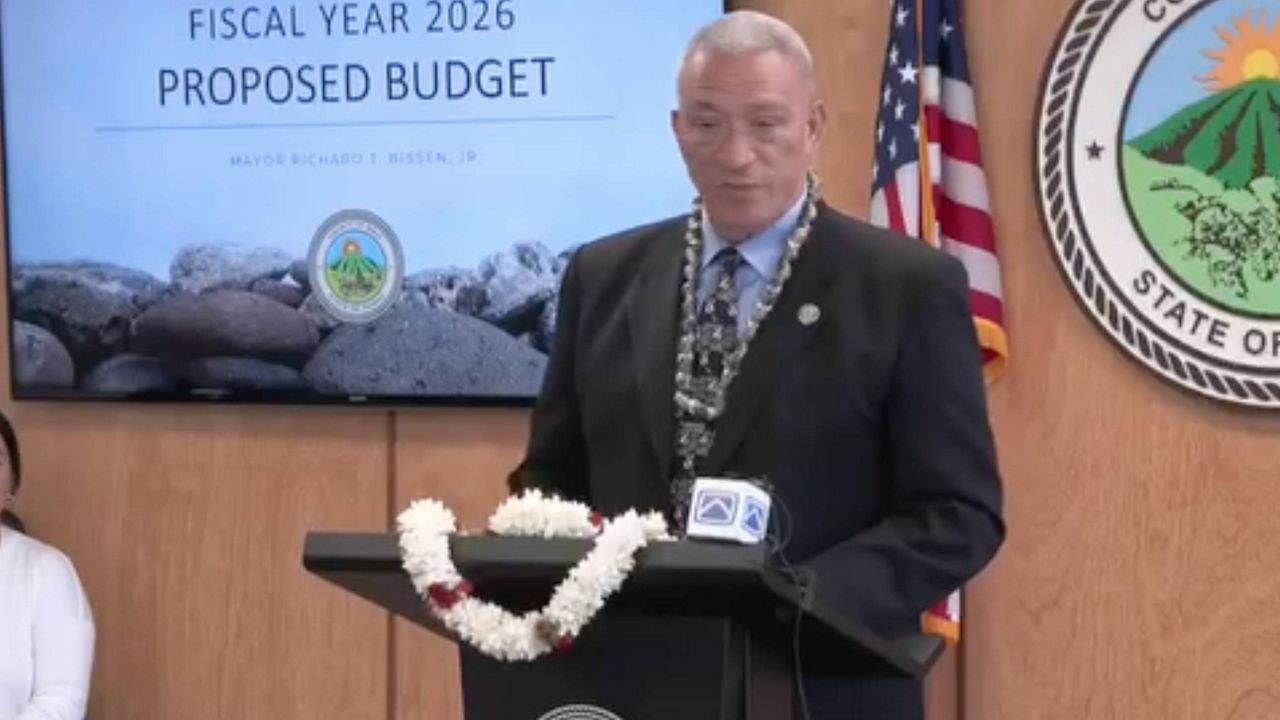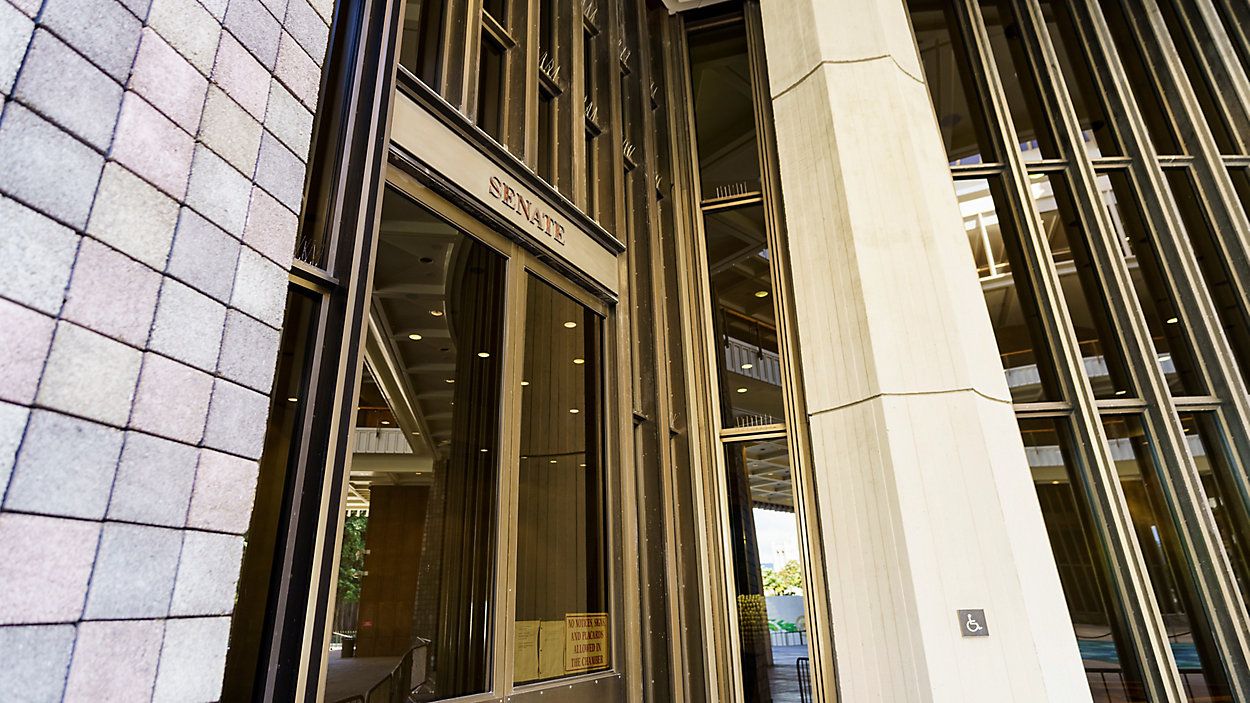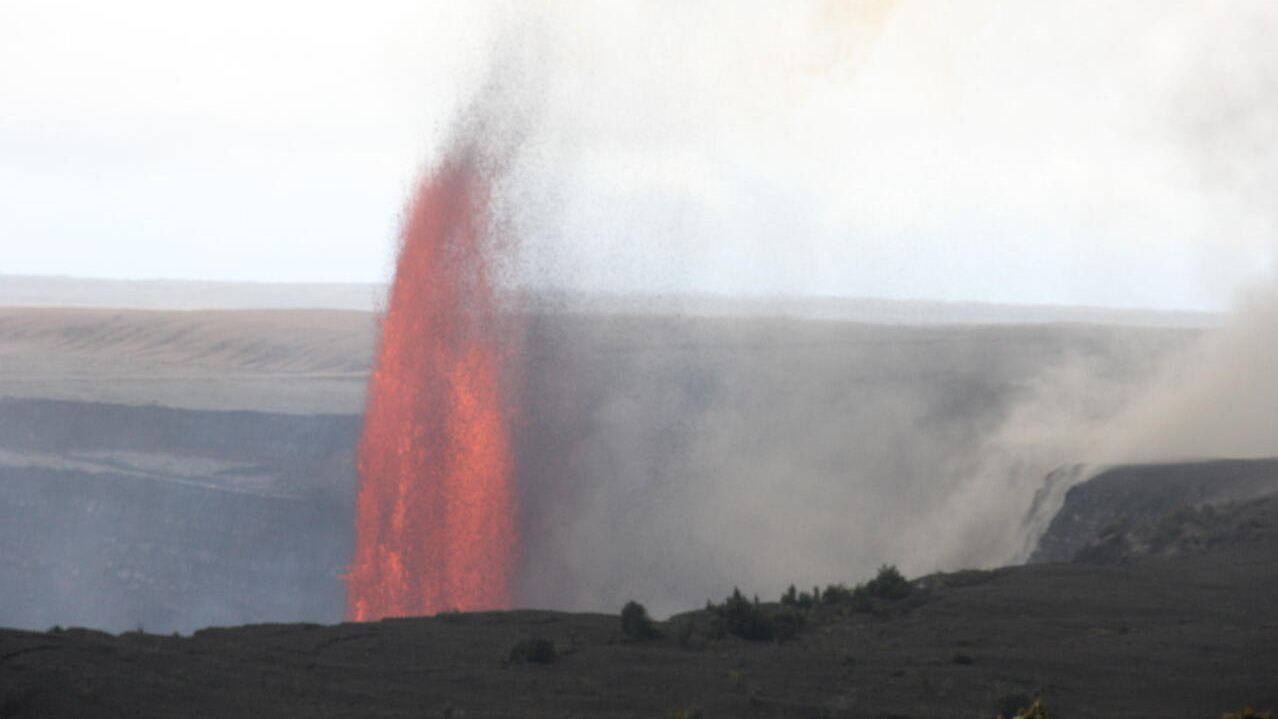Maui Mayor Richard Bissen’s proposed $1.5 billion budget for Fiscal Year 2026 places special emphasis on kamaaina housing, continued wildfire recovery and natural and cultural resources.
“Over the past year, our community has faced immense challenges and through strong partnerships with the county council and our community, we’ve stood united in our shared commitment to serving the people of Maui County,” Bissen said during his presentation of the budget proposal. “This year’s budget is guided by the theme of kahua, a Hawaiian concept meaning ‘foundation’ and it is our reminder to care for our people, protect our aina, respect our culture and honor our history.”
Bissen said his proposed budget takes into account input gathered during eight community meetings held on Maui, Molokai and Lanai starting last September.
The budget will not rely on increases in real property tax. No increases are proposed for any category and owner-occupied properties will actually see a reduction. The minimum tax remains unchanged, and existing exemptions for long-term rentals, kuleana lands and properties destroyed in the August 2023 fires will remain in place.
Bissen said Maui’s overall fiscal health remains strong, and the county enjoys an “excellent” bond rating. Debt service is projected at $76.5 million, representing just 6.2% of operating expenditures (well below the county’s self-imposed cap of 10%).
With regard to housing, the administration is asking for $40 million in General Excise Tax funding for water and wastewater infrastructure and $32.5 million for the Affordable Housing Fund. The latter figure represents 5% of real property tax revenue, exceeding the 3% charter minimum.
Twelve housing projects, totaling 843 units, are proposed for funding and a new affordable housing project is planned for Lanai.
Last year, some 620 new housing units were completed, with another 1,200 more expected over the next two years, not including projects to be funded by Community Development Block Grant — Disaster Recovery funds.
Funding requests for recovery and community well-being include $1 million for a new shade structure at One Alii Park on Molokai and $1.1 million for park and ADA improvements in East Maui, as well as funding for the Safe Parking Program and houseless outreach and medical services.
The budget also includes continued support for nonprofits providing health, education and social services, funding to study a potential county-owned ferry system, and a new electric bus for Maui Economic Opportunity.
Bissen also included funding requests for natural and cultural resource preservation and development, including support for a collaboration with Maalaea Village Association to plan a regional wastewater system, funding for an Upcountry wastewater study and more than $10.5 million for grants for local farming, food production and animal management.
Pending federal funding, the county also intends to acquire some 423 acres to connect Pohakea (Maalaea Mauka) with the ocean to support reef restoration and stormwater management.
“This budget is a blueprint for Maui County’s future, grounded in kahua and kuleana,” Bissen said. “With the support of our council and a shared commitment to our community, we move forward with unity, purpose and aloha, dedicated to building a stronger Maui Nui for generations to come.”
Michael Tsai covers local and state politics for Spectrum News Hawaii. He can be reached at michael.tsai@charter.com.










